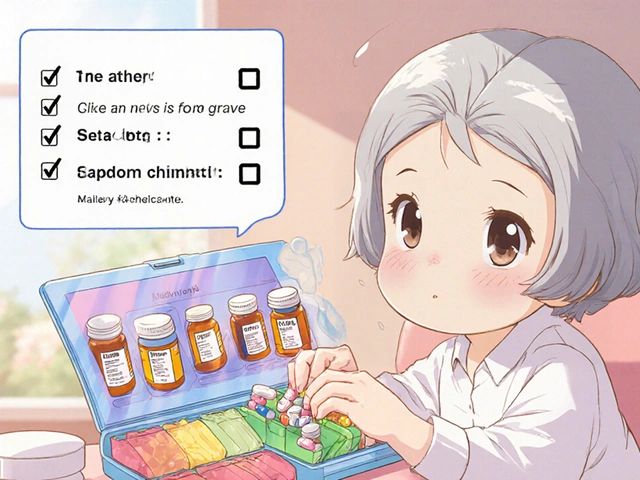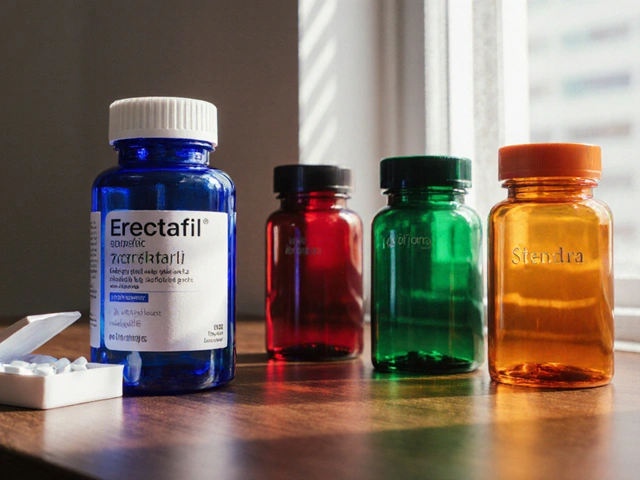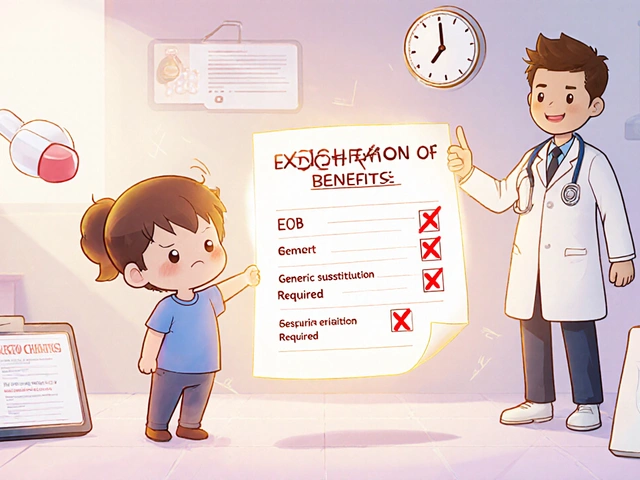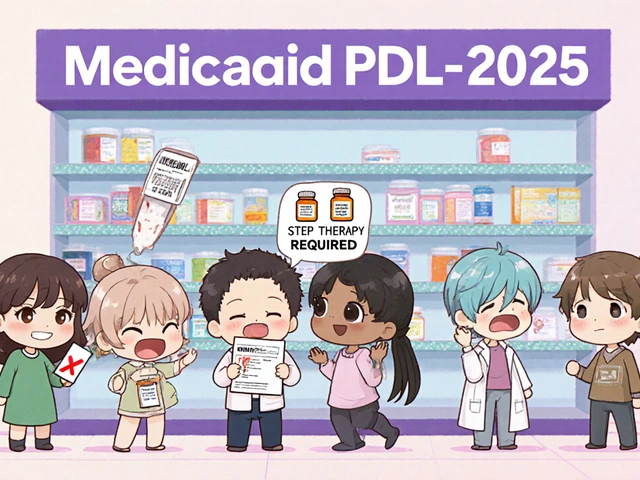H2 Blockers: What They Are, How They Work, and What You Need to Know
When your stomach makes too much acid, it can cause heartburn, ulcers, or GERD. That’s where H2 blockers, a class of medications that reduce stomach acid by blocking histamine receptors in the stomach lining. Also known as histamine H2-receptor antagonists, they’ve been a go-to for decades to calm down acid production without shutting it down completely. Unlike proton pump inhibitors (PPIs), which block acid at the source, H2 blockers act like a volume knob—turning down acid without turning it off. That makes them useful for quick relief, nighttime symptoms, or when you need something gentler than a PPI.
Common H2 blockers include famotidine, the active ingredient in Pepcid, which is still widely used today for short-term relief and maintenance, and ranitidine, once the most popular H2 blocker, now pulled from the market due to contamination concerns. Others like cimetidine and nizatidine are less common but still prescribed in specific cases. These drugs don’t cure ulcers or GERD—they manage the symptoms by lowering acid levels. That’s why they’re often paired with lifestyle changes, like avoiding spicy food or eating earlier at night. They’re also used in hospitals to prevent stress ulcers in critically ill patients, showing their role goes beyond just over-the-counter heartburn relief.
What’s interesting is how H2 blockers fit into the bigger picture of digestive health. Many people start with an H2 blocker because it’s cheaper and has fewer long-term risks than PPIs. But if symptoms keep coming back, doctors often switch to PPIs—or look for underlying causes like H. pylori infection or hiatal hernias. The posts below cover related topics like cost-saving strategies for medications, how to safely switch between drugs, and how to avoid common errors when managing acid-related conditions. You’ll find real comparisons between treatments, advice on using generics, and insights into why some drugs get pulled while others stick around. Whether you’re using an H2 blocker now, thinking about switching, or just trying to understand why your doctor recommended it, this collection gives you the clear, no-fluff facts you need to make smarter choices.
Acid-Reducing Medications: How They Interfere With Other Drugs

Acid-reducing medications like PPIs can drastically reduce the absorption of critical drugs such as HIV treatments and cancer therapies. Learn which medications are at risk and how to prevent dangerous interactions.
read more



